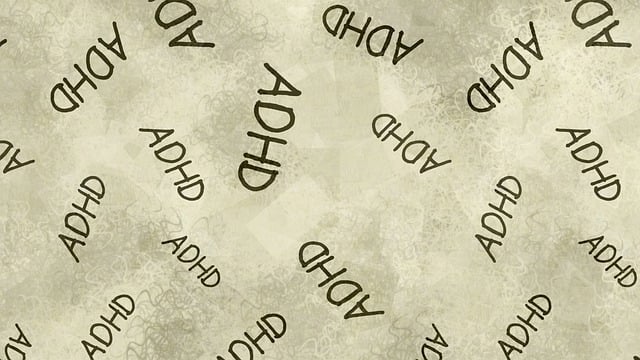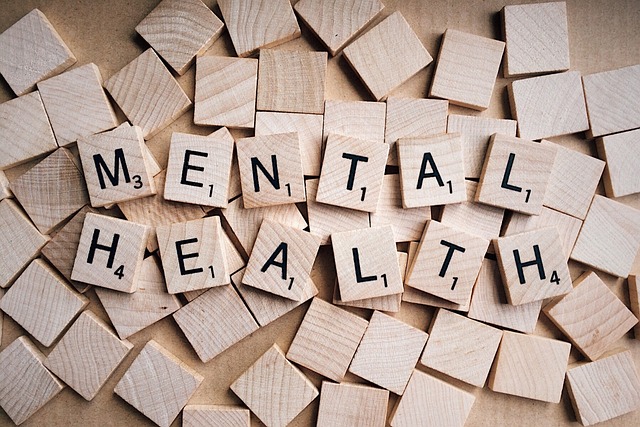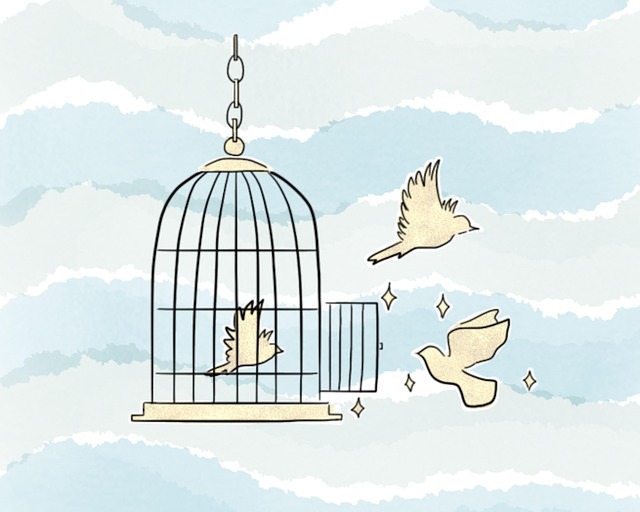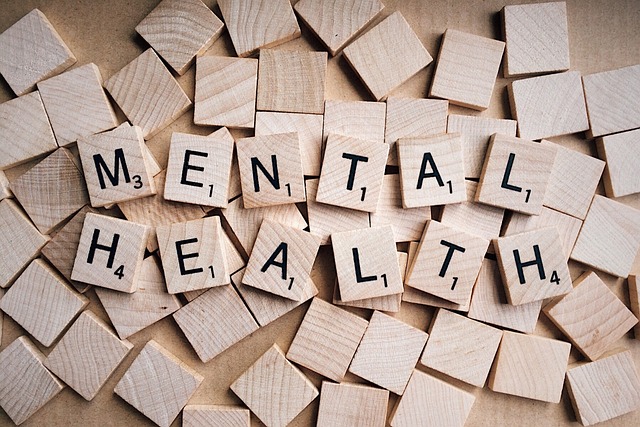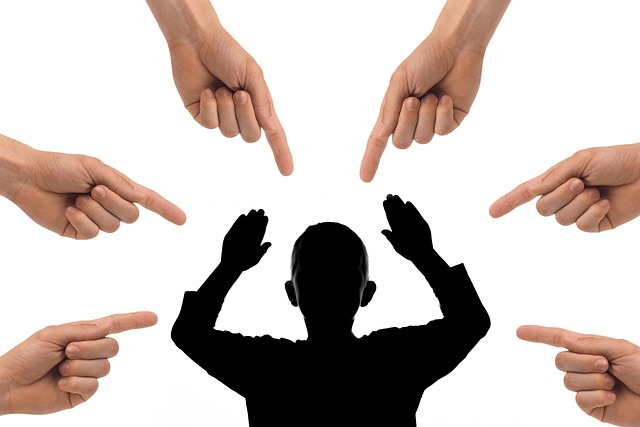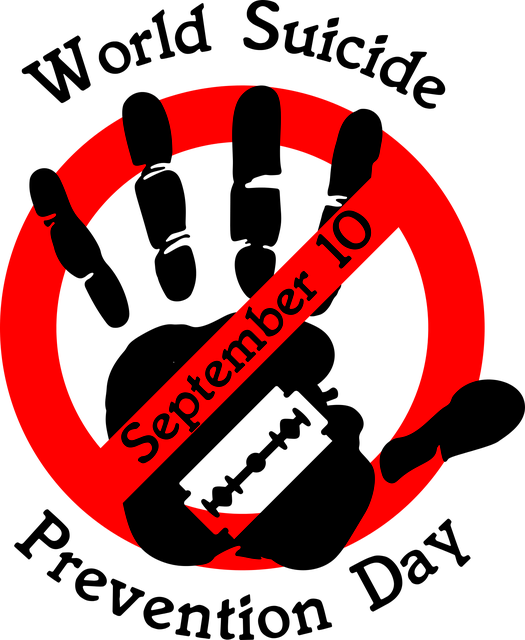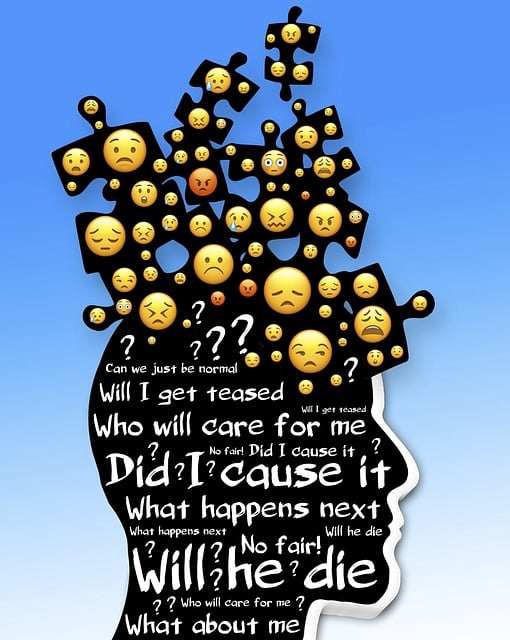Mental wellness in children is enhanced through early anger management therapy, which teaches emotional intelligence, coping strategies, and resilience. Identifying triggers and understanding emotions are key skills developed through tailored techniques like cognitive behavioral therapy (CBT), leading to better self-regulation and improved life quality for young individuals.
Mental wellness is paramount for children’s overall development, yet understanding and prioritizing it can be challenging for parents. This article guides you through fostering mental wellness in young children, focusing on anger management as a key aspect of emotional well-being. We explore identifying triggers, implementing self-care routines, and leveraging therapy techniques to equip kids with healthy coping mechanisms. By delving into these strategies, parents can effectively navigate and mitigate childhood anger, paving the way for improved emotional intelligence and resilience. Discover practical tips on therapy for young children’s anger management.
- Understanding Mental Wellness and Its Importance for Young Children
- Identifying Triggers: Recognizing Anger in Kids
- Building a Self-Care Routine for Effective Anger Management
- Therapy Techniques to Support Young Children's Emotional Wellbeing
Understanding Mental Wellness and Its Importance for Young Children

Mental wellness is an integral aspect of a child’s overall development, especially during their formative years. Young children, often facing intense emotions and experiences, require guidance to navigate and understand their mental state. It’s crucial to recognize that early intervention and support can shape a child’s ability to manage stress, regulate emotions, and build resilience—skills vital for their present and future well-being.
The concept of mental wellness involves fostering healthy thinking patterns, emotional intelligence, and effective coping strategies. For instance, teaching young ones anger management techniques through therapy or coaching programs empowers them to express and control their feelings constructively. These programs focus on developing inner strength by teaching children to identify triggers, understand their emotions, and adopt positive behaviors, ultimately leading to improved mental wellness and a better quality of life.
Identifying Triggers: Recognizing Anger in Kids

Identifying triggers is a crucial step in managing anger, especially for young children. Recognizing anger in kids involves being attuned to their emotional cues and understanding what sets off their intense reactions. This process often requires careful observation and open communication with the child. Parents or caregivers can help them develop emotional regulation skills by identifying specific situations or behaviors that lead to anger.
In therapy for young children, focusing on mental health awareness early on can be a game-changer. Teaching kids to recognize and express their feelings, including anger, is essential. Through various techniques, such as mindfulness practices or play therapy, children can learn healthier ways to cope with frustration and build confidence boosting strategies that will serve them throughout their lives.
Building a Self-Care Routine for Effective Anger Management

Anger is a natural emotion, but managing it effectively is crucial for mental wellness, especially in young children. Building a self-care routine that incorporates anger management strategies can help individuals process and express their feelings healthily. This process involves learning to recognize triggers and developing healthy coping mechanisms. Therapy for young children often includes anger management techniques tailored to their age group, focusing on empathy building strategies to help them understand and manage their emotions.
By integrating mental health policy analysis and advocacy into their self-care routine, individuals can gain insights into the societal factors contributing to anger and find ways to navigate these influences constructively. Crisis intervention guidance is also beneficial, providing tools to de-escalate intense anger moments and prevent potential crises. Through consistent practice, these strategies empower individuals to build resilience against anger-related challenges, fostering better mental health outcomes.
Therapy Techniques to Support Young Children's Emotional Wellbeing

Young children, like adults, can greatly benefit from therapy techniques to navigate and manage their emotions, especially when it comes to anger. Anger is a natural emotion, but learning healthy ways to express and control it is crucial for mental wellness at any age. Cognitive Behavioral Therapy (CBT) has proven effective in teaching young ones how to identify triggers, understand their feelings, and develop coping strategies. This therapy approach helps children recognize negative thought patterns and replaces them with more positive and adaptive behaviors.
One of the key aspects of CBT for anger management is self-esteem improvement. By fostering a sense of self-worth, children can build resilience against emotional turmoil. Additionally, trauma support services can play a vital role in addressing any underlying issues that may be contributing to their anger. Mental health awareness and understanding these complex emotions early on can set the foundation for healthy emotional development as they grow older.
Incorporating self-care practices and therapy techniques can significantly enhance the mental wellness of young children, especially in managing anger. By understanding their emotional triggers and providing structured routines, parents and caregivers can foster a sense of calm and resilience. Effective anger management strategies, coupled with professional therapy for young children, are powerful tools to navigate and overcome emotional challenges. These approaches ensure that kids develop healthy coping mechanisms, promoting overall emotional wellbeing.
